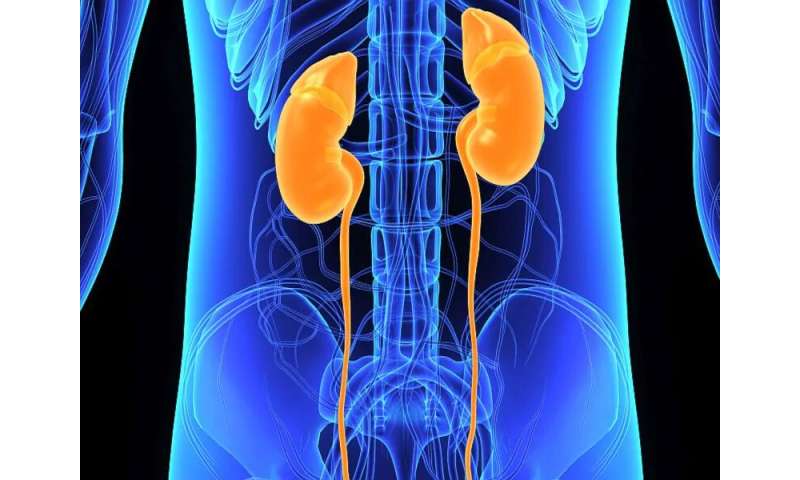
(HealthDay)—End-stage renal disease (ESRD) patients are at a higher risk for contracting syphilis, according to a study recently published in the Clinical Kidney Journal.
Erena N. Weathers, M.D., of Augusta University in Georgia, and colleagues examined the incidence of and risk factors for syphilis in 759,066 ESRD patients who received an inpatient diagnosis of syphilis from 2004 through 2010.
A total of 383 patients within the study group were diagnosed with syphilis, for an incidence rate three times greater than that seen in the general population. The researchers found the eight-year incidence of any type of syphilis in ESRD patients was 50.45 cases per 100,000 person-years. The most common diagnoses were neurosyphilis (10.93 cases per 100,000 person-years) and other unspecified syphilis (29.77 per 100,000 person-years). The adjusted relative risk for syphilis was higher for patients with HIV (7.61), hepatitis C (3.57), herpes simplex (2.06), and hepatitis B (1.75). The greatest number of cases were found for younger patients, black and non-Hispanic patients, and those living along the east and west coasts of the United States.
Source: Read Full Article
